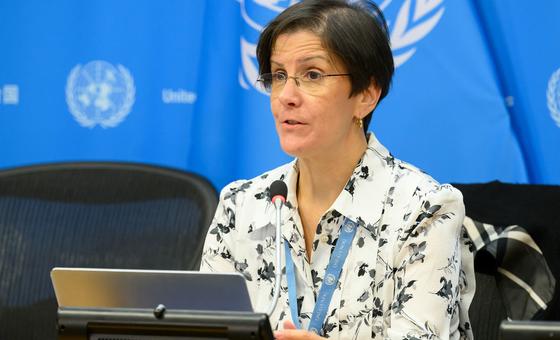
Independent rights expert Reem Alsalem hailed the landmark 9 January decision by the Kentucky court declaring the US Department of Education’s regulations implementing the Title IX legislation as unlawful. The ruling extends nationwide.
Title IX is a 1972 law to combat sex discrimination in education programmes or activities that receive federal funding.
Last April, the Department of Education announced revisions that expand protection to include transgender and non-binary students, among others, on the basis of gender identity and sexual orientation.
‘A pivotal moment”
In the judgement, the court found that the regulations, which redefined the scope of sex discrimination under Title IX to include gender identity, exceeded its statutory authority and violated constitutional protections, Ms. Alsalem noted.
“This is a pivotal moment in safeguarding the rights of women and girls to non-discrimination based on their sex and reasserting the obligations of the United States to protect this fundamental human right,” she said.
She further noted that the ruling clarified that “when Title IX is viewed in its entirety, it is abundantly clear that discrimination on the basis of sex means discrimination on the basis of being male and female.”
Safeguarding girls’ right to education
Ms. Alsalem said that Title IX has historically been the cornerstone for advancing gender equality in the US education system.
She wrote to the Government last December, raising concerns about the human rights implications of the Department of Education’s then-proposed changes.
“By preserving the original intent of Title IX, the Court has restored factual clarity and common sense to the design of policies that affect women and girls, reasserting their rights to access education under conditions of dignity, equality, and safety,” she said.
She urged the US Government to take careful note of the decision and reaffirm its commitment to protecting the rights of women and girls.
Special Rapporteurs are appointed by the UN Human Rights Council to monitor and report on specific country situations or thematic issues.
These experts are not UN staff and are independent of any government or organization. They serve in their individual capacity and do not receive payment for their work.
